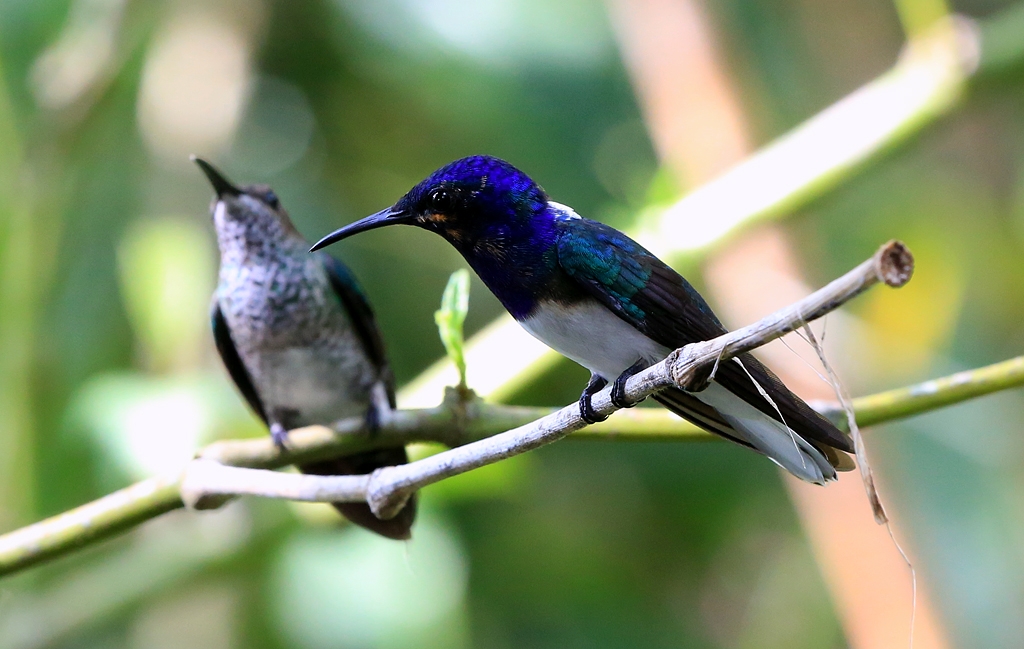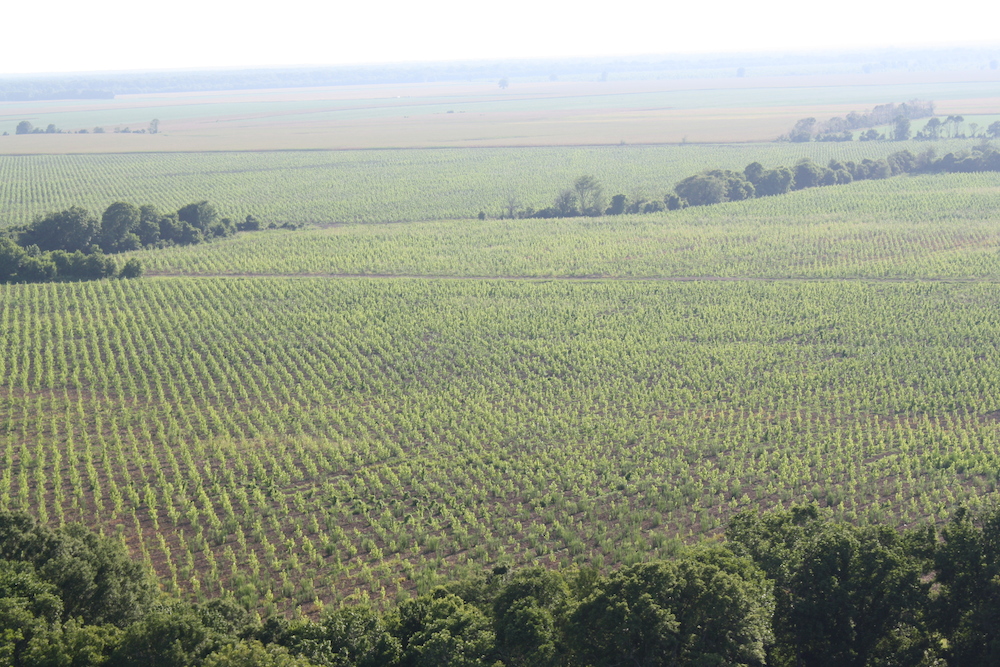
For a country slightly smaller than the state of South Carolina, Panama boasts an impressive number of environmental firsts: Most diverse wildlife in Central America, largest rainforest in the Western Hemisphere (outside of the Amazon Basin) and with 933 bird species, one of the world’s best bird watching destinations. While...

The rich, alluvial soils of the Mississippi River Valley have made it the country’s most fertile agricultural region. While the valley was covered in 25 million acres of forestland until World War II — providing a habitat for cougars, black bear, bison, red fox and of course, waterfowl — industrial...
CHICAGO, April 14, 2015 — In honor of Earth Month, United Airlines customers traveling aboard the company’s signature Eco-Skies aircraft in April will be flying carbon neutral. Through United’s Eco-Skies CarbonChoice program, the airline is obtaining carbon offsets for all passengers and crew on every flight of the specially painted...

This week at the World Travel and Tourism Council’s Global Summit 2015 in Madrid, Sustainable Travel International announced 10 Million Better, an industry-wide campaign to monitor and scale up social, economic and environmental benefits from travel and tourism, with the goal of demonstrating tangible improvements in the lives of at...
[Madrid, Spain – April 14, 2015] At the World Travel & Tourism Council 2015 Global Summit in Madrid today, the NGO Sustainable Travel International unveiled an industry-wide campaign entitled 10 Million Better to monitor and scale up social and environmental benefits from travel and tourism. The ten-year initiative convenes leading...
This week at the World Travel and Tourism Council’s Global Summit 2015 in Madrid, Sustainable Travel International announced 10 Million Better, an industry-wide campaign to monitor and scale up social, economic and environmental benefits from travel and tourism, with the goal of demonstrating tangible improvements in the lives of at...